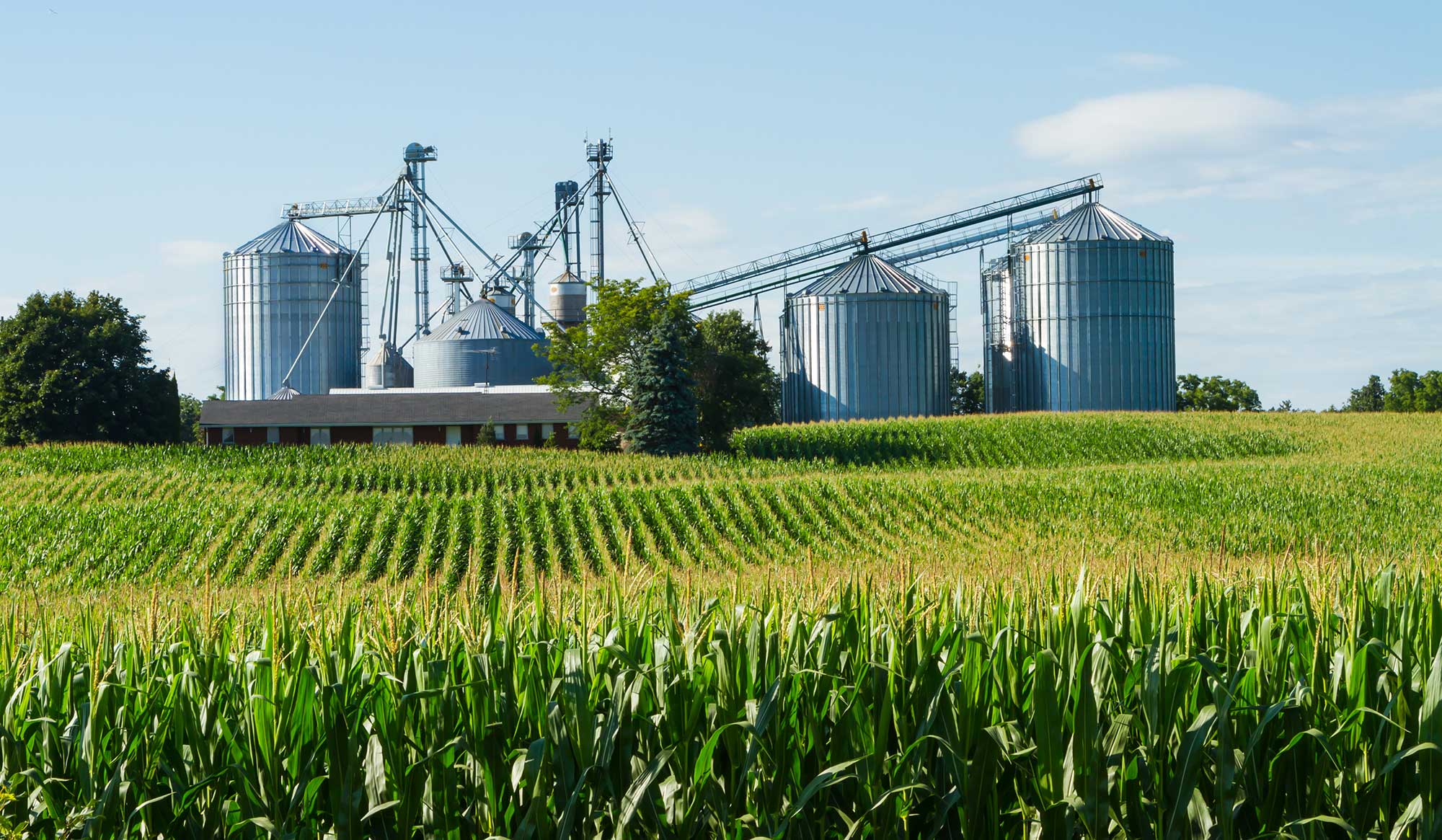Time is running out for thousands of farmers who may face steep fines and possible jail time for...
Is Foreign Farmland Ownership Putting the ‘Land of The Free’ at Risk?

How does a sale of 300 acres of farmland in the middle of nowhere suddenly become a geopolitical flash point between the world’s two superpowers?
The answer is when such land is located just 20 minutes down the road from Grand Forks Air Force Base, which is home to some of the most sensitive U.S. drone technology. The base also houses a new space networking center designed to be the backbone of all U.S. military global communications.
Some 37.6 million acres, or 2.9%, of agricultural land in the country is owned by foreign entities, with Canadian citizens and companies holding 12.8 million acres. China is 18th on the list of foreign ownership, between Sweden and Spain, with interests — ownership or long-term leases — on nearly 384,000 acres.
The number of U.S. farm acres owned by foreign entities grew more than 8% in 2022, though the 43.4 million acres of foreign-owned forest and farm land is just 3.4% of the country's agricultural land, according to a recent government report.
A Name Makes Headlines
If, however, the buyer is a Chinese company called the Fufeng Group, then the sale becomes a different concern. The issue of who owns American farmland, and whether foreign ownership of farmland presents a national security risk, has been hotly discussed in Washington, and some members of Congress have proposed limits on foreign farmland ownership.
As political goodwill between the U.S and countries such as China and Russia continues to unravel, many are starting to question whether our country’s agricultural assets should remain so accessible to outsiders. This growing concern has become a big enough red flag to make it to the top of even USDA’s flagpole.
In December 2023, USDA started seeking feedback on how foreign investment in American agriculture is reported. The initiative, led by USDA’s Farm Service Agency, centers on enhancing the Agriculture Foreign Investment Disclosure Act report form. Members of the public may submit comments on the matter until February 16, 2024.
Although it is nice to see the federal government finally addressing such concerns, multiple individual states have already been doing something about it. Lawmakers in 36 states have proposed legislation to update restrictions regarding foreign ownership of U.S. farmland. About a dozen have already put new laws in place.
In October 2023, Arkansas officials took steps to force a Chinese government-owned agricultural company to divest 160 acres of Craighead County farmland and pay a $280,000 fine for failing to file timely disclosures to the state. The acreage was being used primarily for seed research.
“Seeds are technology,” says Sarah Huckabee Sanders, the Arkansas Governor. “China’s state-owned corporations filter that technology back to their homeland, stealing American research and telling our enemies how to target American farms. That is a clear threat to our national security and to our great farmers.”
Tweaking the rules regarding ownership of agricultural land only dances around the elephant in the room. At face value, nothing seems wrong or nefarious about foreign individuals or companies owning U.S. farmland. However, when those individuals or companies have direct ties to an entity such as the Chinese or Russian government, one starts to wonder what are the true intentions of such transactions. Is this the modern-day version of the Trojan horse playing out before our very eyes?
Food Security is National Security
Could this issue result in this generation’s next Cold War? Possibly.
In a world with limited resources and a growing population, food security equals national security. The fight for protecting this value has now come to America’s back 40, which should not be for sale — no matter the price.
Keeping our land in the hands of the American farmer and our nation’s agricultural intellectual property secure are essential to the preservation of American agriculture and our country’s future prosperity. It’s that simple.
EDITOR’S TAKE:
I think most people would agree that agriculture and food are national security interests. As Napoleon once said, “An army travels on it’s stomach.” Of course, he was referring to the need to keep them well fed and supplied. Just imagine what would happen if suddenly our food supply was in the hands of our adversaries. We should learn also from the COVID pandemic when supplies of key drugs and other life necessities were suddenly in short supply because China had control of them or the ingredients to make them. I don’t want to get too far ahead of myself, but suffice it to say, I am a huge believer that agriculture is a national security interest. If land sales are impinging on the ability to keep our food production safe, abundant and affordable, then by all means we must make moves to protect our farmers/ranchers and the land they use to keep the army fed!







